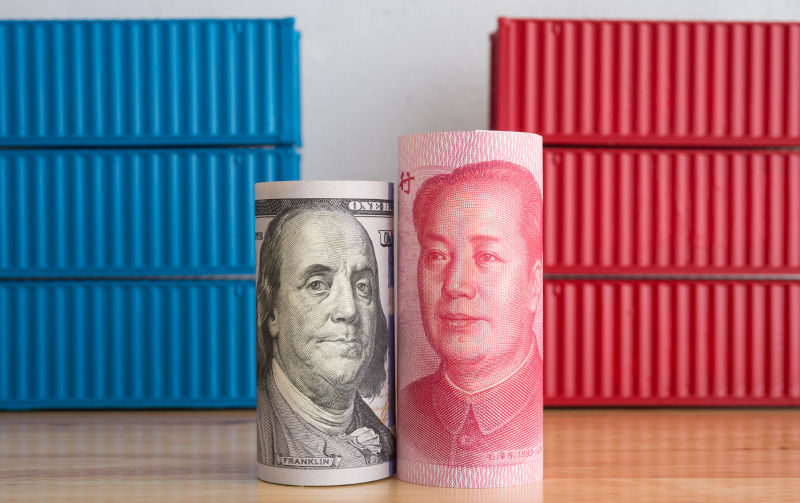China and the US are facing parallel economic conundrums
August 17, 2024
Mutual economic quandaries as both try to reshape their economies may force the two bitter rivals to learn to live with each other again.
All is not well with Joe Biden’s attempt to reindustrialise the American economy. A new Financial Times report claims that 40 per cent of major manufacturing investments subsidised by his signature Inflation Reduction Act and Chips and Science Act have been delayed or held up, some indefinitely.
Of the US$400 billion worth of tax credits, loans and grants for mostly green tech and semiconductors, selected projects that have been handed a total of US$84 billion have been so affected. Not everything, but a great deal of both acts is a direct response to the economic and technological challenges posed by China.
The goals are to reanimate American hi-tech manufacturing to take on the Chinese, “friendshore” supply chains and production with allied countries, and to decarbonise the US economy. China is always in the background. So in that sense, the economic conundrums the two countries face are worth comparing.
Washington’s rediscovered industrial policy is increasingly being scrutinised. That’s similar to China’s difficulty in switching towards a more consumption-driven model from reliance on manufacturing for economic growth.
Consider some background numbers. China’s production exceeds that of the nine next largest manufacturing nations combined.
Manufacturing accounts for about 28 per cent and 11 per cent respectively for Chinese and American GDP. However, personal consumption takes up only about 40 per cent of Chinese GDP compared to almost 70 per cent in the US. Ever since US Treasury chief Janet Yellen voiced her controversial criticism that overproduction by China is distorting global supplies, economists have been speculating why that is so, or not.
Guesses and hypotheses run the whole gamut. Richard Baldwin, a noted economist at the IMD Business School in Switzerland, has recently argued that China under Xi Jinping is biased by the old Marxist obsession with production over services. That seems to fit the Western narrative that Xi has abandoned Deng Xiaoping’s pragmatism in favour of dogmatism.
A new essay in Foreign Affairs argues Xi is doubling down on manufacturing, especially in hi-tech, to drive growth because that is the only way the Chinese know how. While offering no real explanation, Nobel economics laureate Paul Krugman told Bloomberg that Beijing has been “bizarrely unwilling” to boost consumer demand over production.
But a look at the slew of initiatives launched in the latest reform-driven Third Plenum should disabuse such views. Liu Qiao, dean of Peking University’s Guanghua School of Management, spells out the latest party line.
“When we talk about the high-standard socialist market economy, it implies that the growth model is going to change from the old investment-driven model to a consumption-driven model,” he said on Sinical China website. “The third plenum has many areas talking about how to improve consumption, how to increase the demand, especially domestic demand that people can benefit from the reform.”
There is no reason to doubt Liu’s remarks reflect Beijing’s policy, but it’s easier said than done. The two biggest world economies have been likened to giant oil tankers at sea – it’s difficult to change course. The US economy used to be called “post-industrial” because it is mainly consumption-driven, services-based, and highly financialised – in a word, deindustrialised.
The Chinese economy, however, has long been geared towards maintaining the country as “the workshop of the world” that is investment-driven and based on hyper-manufacturing.
In their mutual antagonism, both countries paradoxically try to do what the other does best, but it’s difficult to make the switch. The FT points to deficient qualification guidelines, shortages of skilled workers, slack demand, lack of corporate confidence and commitment – the usual problems plaguing state-run industrial policy.
Republished from South China Morning Post, August, 2024

